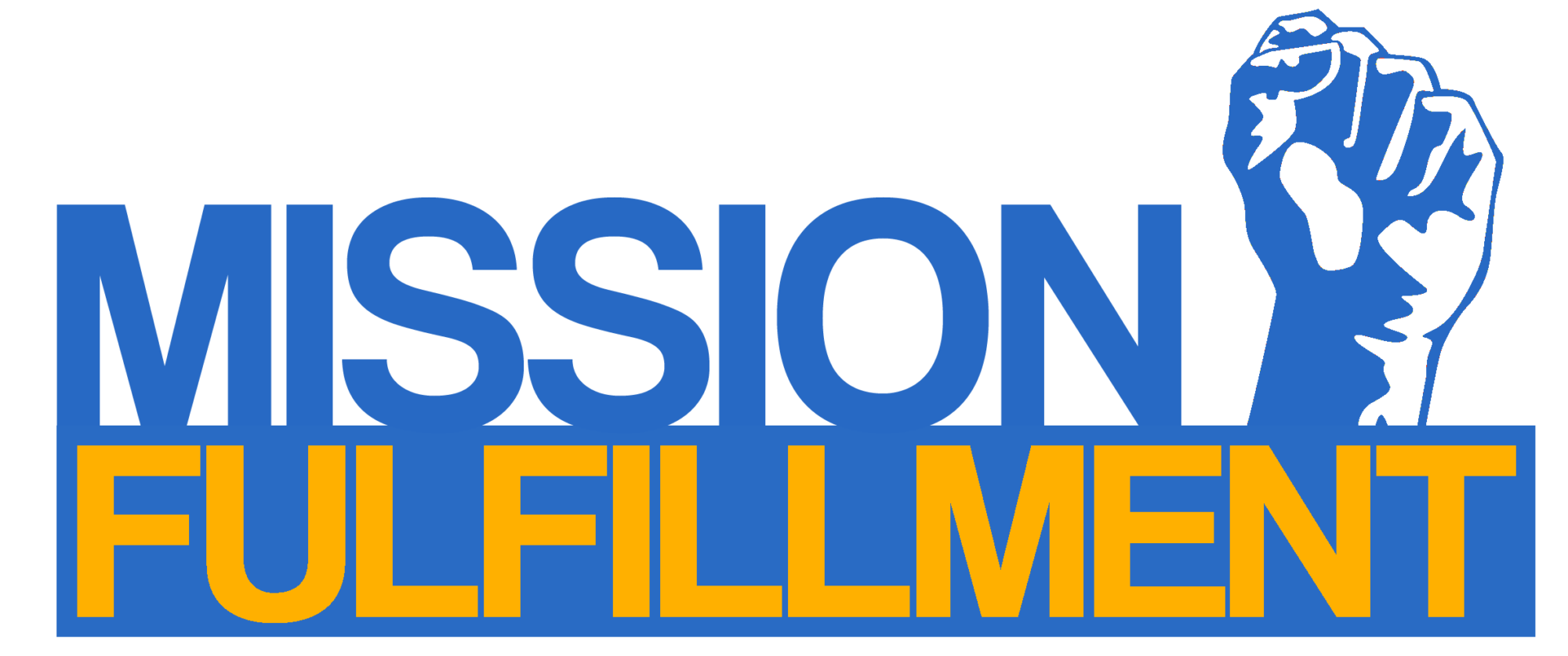
The tennis world was saddened by the announcement that this would be Andy’s last year on the tour. In this blog, I talk about the great career that Andy had on the tour and what he accomplished and how he persevered. Andy is a role model for excellence in which we can all learn from and apply Andy’s principles in our lives.
I am always reminded of a quote from Anthony Robbins where he says, “When it seems impossible, when it seems like nothing is going to work, you’re only a few millimeters away from making it happen.” I truly believe that Andy Murray has applied this quote throughout his professional tennis career.
So, what can we learn from Andy Murray? How can we apply perseverance in our everyday lives?
LESSON 1: Remember that everyone faces their own challenges
For a start, having the right mindset goes a long way. Anything worthwhile is not easy, otherwise everyone would already be doing it. It is through these challenges that we are given opportunities to grow and learn. Often success of athletes like Andy Murray seems to look easy, but the reality is we don’t always see the behind the scenes work that it takes to get to the level of an elite athlete and the sacrifices that need to be made.
In the case of us regular people that are not elite athletes, sometimes these setbacks may present themselves as being passed over for that job promotion or getting unexpected news from the doctor. It can be experiencing bumps in the road in our relationships or not getting accepted into that program that we applied to. These challenges can and will happen at every stage of our lives and a big part of what makes people successful is their ability to face these challenges and setbacks head on.
LESSON 2: Keep going and outwork the self-doubts
You’ll notice that every time Andy Murray faced a professional setback his response was to get back up again and keep going. After his first trip to the Wimbledon final and that heartbreaking loss, he didn’t let it discourage him. He got back to the practice courts, looked at what he could improve upon, and continued pushing forward to get better. Even in the earlier phases of his career when he began to have doubts about whether he’d fulfill his potential of winning major titles, he quieted those worries by putting in the necessary work to get closer to his goal.
This is an excellent lesson in the power of momentum. When you are faced with any type of problem and get discouraged, if you simply think about what steps you can take to improve your situation you will make great strides in changing your circumstances. For example, if you lose your job and are out of the workforce for a period while searching for a new position, you may get discouraged and start to believe the worst- that you’ll never be hired anywhere. Instead of hyper-focusing on that extreme scenario (which is not productive) instead, focus your efforts on the small actions that you can take to find a job- networking, updating your resume, up skilling and taking additional courses. You will eventually dig your way out of that hole and find your footing.
LESSON 3: Find a mentor
When Andy Murray hired Ivan Lendl to coach him, it changed the trajectory of Murray’s tennis career. Ivan Lendl understood what it was like to fall short in grand slam finals before breaking through to win one. He was the perfect role model for Murray because he had been where Murray was before and held his own roadmap of how to win championships. As a result of hiring Lendl and gaining those unique insights, Murray was able to win an Olympic gold medal as well as his first two major titles within the span of a year.
Just like Andy Murray, we can hire or find role models for ourselves. If you have a goal, one of the best ways you can achieve that goal is to find a role model who has already done what you want to do. An acquaintance of mine can personally attest to this strategy with his own story. He was interested in breaking into real estate in his home country of Canada and while working in construction he had the courage to approach a well-established real estate mogul to teach him the ropes. Because of this mentorship, this acquaintance has built up his own real estate business and is a multi-millionaire with a beautiful lake house in British Columbia and other properties in the Vancouver area.
But even if you can’t connect with someone directly in your field, you can find mentors in other places as well. Biographies, books, internet content all contains stories of people doing the exact things and accomplishing many of the same goals that you have. Be inspired by their stories and gain the confidence that you can do it to. This applies to all areas; relationships, health, and even spirituality.
LESSON 4: The past doesn’t equal the future
Andy Murray more than anyone understands that the past doesn’t equal the future. He was a tennis prodigy, but this didn’t automatically mean success on the men’s tour. As he got further along in his career he repeatedly lost in grand slam finals- but this past failure did not keep him from achieving future grand slam wins. Murray did not allow past failures to dictate his optimism of the future.
Murray met Federer in the final of the 2012 Olympics to decide the Gold Medal. This rematch against the opponent he lost to in his first Wimbledon finals appearance was billed to be a revenge mission- but Murray didn’t see it that way. He played his own game and the results came. Murray didn’t dwell on past results. He went in with a clean slate, new tactics, and new st
The important lesson to remember here is that learning from the past is different than dwelling on it. It is extremely important to learn and grow from our failures, and just as important to know we can write a new future. In the same way that we cannot sit on our laurels and expect the past will deliver future wins. We must be diligent about ensuring we progress.
Watch the video below of Andy Murray:

